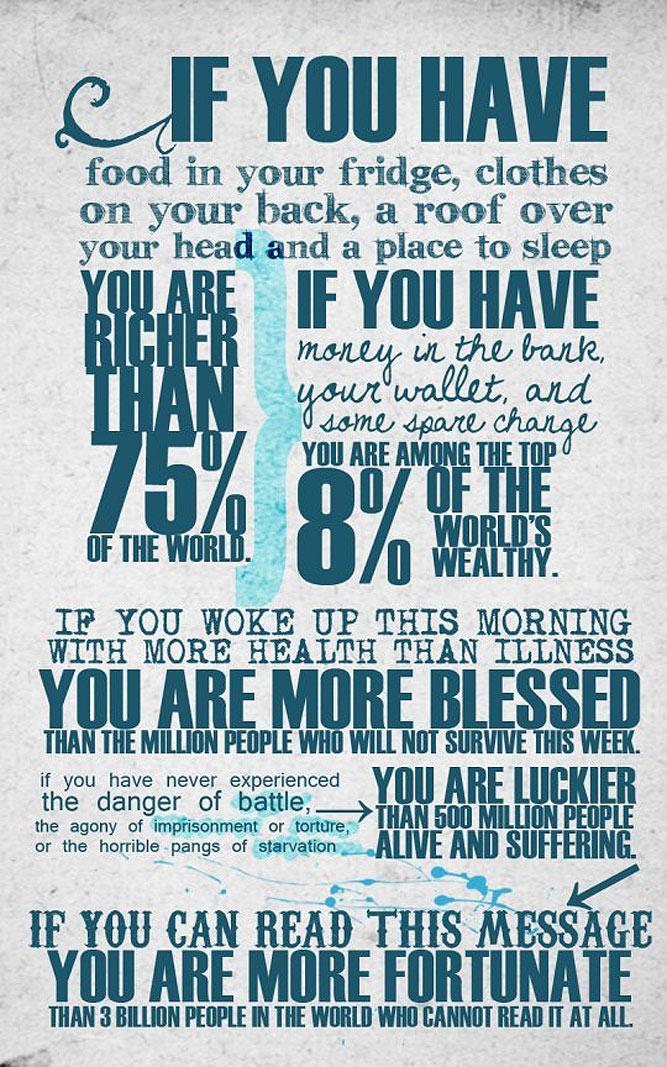On Sunday I had the chance to check out the Occupy Wall Street protest in New York. It was a pretty amazing scene. Check out this blog that’s posting updated photos.
I’ve been thinking a lot about what the protest means and if these people are really onto something, or if this is just the latest rant that will go away when cold weather finally hits the east coast.
Last night I came across Thomas Friedman’s column titled, There’s Something Happening Here. In it, Friedman proposes that these protests could be a signal that we’ve reached a tipping point in capitalism, he points out this argument:
…these demonstrations are a sign that the current growth-obsessed capitalist system is reaching its financial and ecological limits.
Yes, the rich are getting richer and the corporations are making profits — with their executives richly rewarded. But, meanwhile, the people are getting worse off — drowning in housing debt and/or tuition debt — many who worked hard are unemployed; many who studied hard are unable to get good work; the environment is getting more and more damaged; and people are realizing their kids will be even worse off than they are.
On the other hand, he looks at it more optimistically:
Yes, corporations now have access to more cheap software, robots, automation, labor and genius than ever. So holding a job takes more talent. But the flip side is that individuals —individuals — anywhere can now access the flow to take online courses at Stanford from a village in Africa, to start a new company with customers everywhere or to collaborate with people anywhere. We have more big problems than ever and more problem-solvers than ever.
As we consider these arguments, I think it’s critical to keep in mind economies are cyclical -- we have good times and we have bad times. And occasionally, economies go through revolutions; in recent history, the U.S. economy has been through the agricultural, industrial and information revolutions – and we’re still in the thick of the last one, and we’re feeling the pain.
In this most recent revolution, when most pessimists point to the bad news, they point to the unemployment rate. But here’s an important statistic that often doesn't get talked about: the U.S. unemployment rate is 9%; for those with grad degrees it's 2%, college grads 4.5%, HS grads 9.7%, non-HS grads 15%.
This data shows us that our economy is going through the painful transition that we’ve experienced in every economic revolution: a mismatch between our growing job sectors and our citizen’s talent (this particular gap is amplified by the housing crash that viciously eliminated scores of jobs for less educated American workers).
In time, as it always does, the economy will naturally close this gap. But we can and should do a lot to speed up the process: skilled worker training programs, changes in high school curriculums to include skills the economy needs, increased student loans for growth sectors, increased investment in growth sectors, to name a few solutions.
The “Occupiers” passion is inspiring and it underscores the important problems and real pain our nation is facing. They have a good message and I’m glad their voices are being heard. But as the conversation evolves into solutions, I hope it moves away from theoretical discussions on the merits of capitalism and the principles of taxation. And towards more practical, easy to implement, solutions that get people back to work in sustainable jobs that keep America competitive now and into the next revolution.


